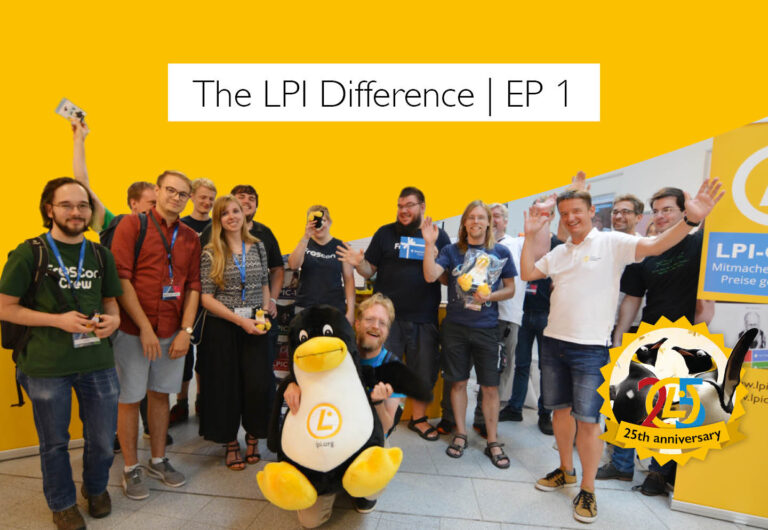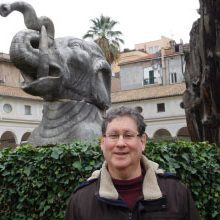The LPI Difference #1: We Come From the Community

Linux Professional Institute (LPI) reaches its 25th anniversary as a unique organization in support of free and open source software. Although people come to LPI mostly to get professional certifications, our work and values go far beyond that.
Open source is special—it calls for different values and activities from other fields. This article is part of a six-part series laying out what makes LPI unique in pursuing its mission “to promote the use of open source by supporting the people who work with it.” This first article discusses the free and open source communities, and our place in them.
The founders and leaders of LPI have deep roots in free and open source software. Our Board Chari Emeritus, Jon “maddog” Hall, was promoting free software in the 1980s (that is, before it was cool). Among his initiatives was extending Linux beyond the Intel processor on which it originally ran, a feat that helped make Linux universal today. maddog’s international exploits to promote open source, particularly Brazilian conferences and open source companies, are now computing history.
Similar things could be said about other founders and leaders. We live and breathe open source. The author of this article installed his first Linux system in 1992, a few months after Linus Torvalds released his initial version and years before anyone thought of calling the system GNU/Linux. The author quickly adopted Linux on his desktop when no one else at his company was interested in it, and edited a set of books on Linux in the mid-1990s.
Our identification with the free software community determines many of choices made when LPI was founded, some as basic as deciding that the organization would be a nonprofit and that it would seek international influence. More on our global reach in an upcoming article of the series.
Being embedded in open source environments, we preserve openness in our own tooling. We seek free-as-in-freedom software for all our operations, from the programs on our desktops to our workflow tools and the servers that manage our web sites. We know the topics about which we’re providing certifications, because they’re based on the software that keeps us running.
And we always strive to shape our activities together with our community, be it at events, while developing exams and Learning Materials, with translations, and even when it comes to electing our Board of Directors.
